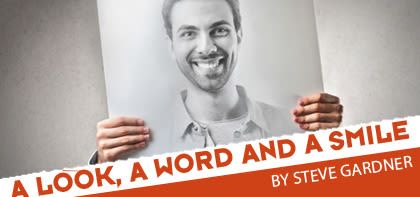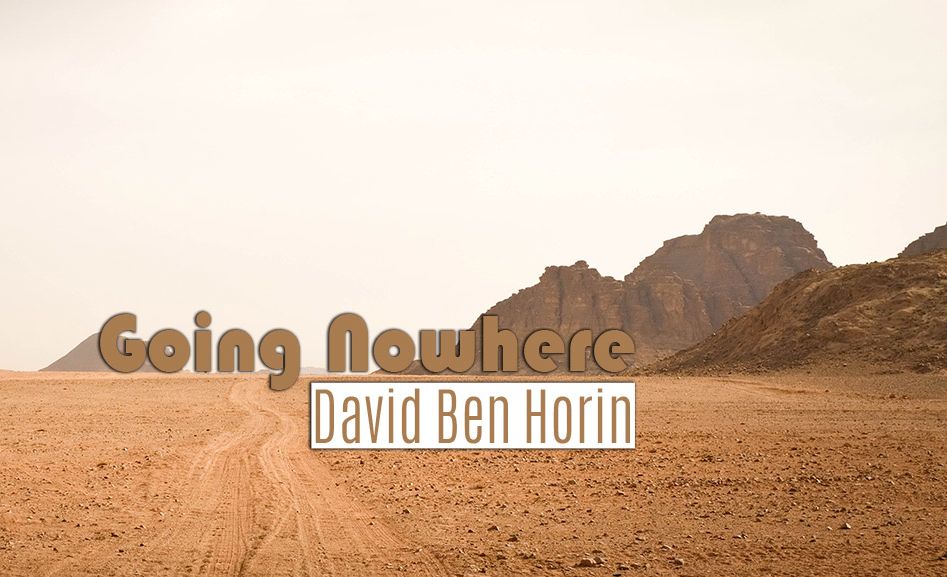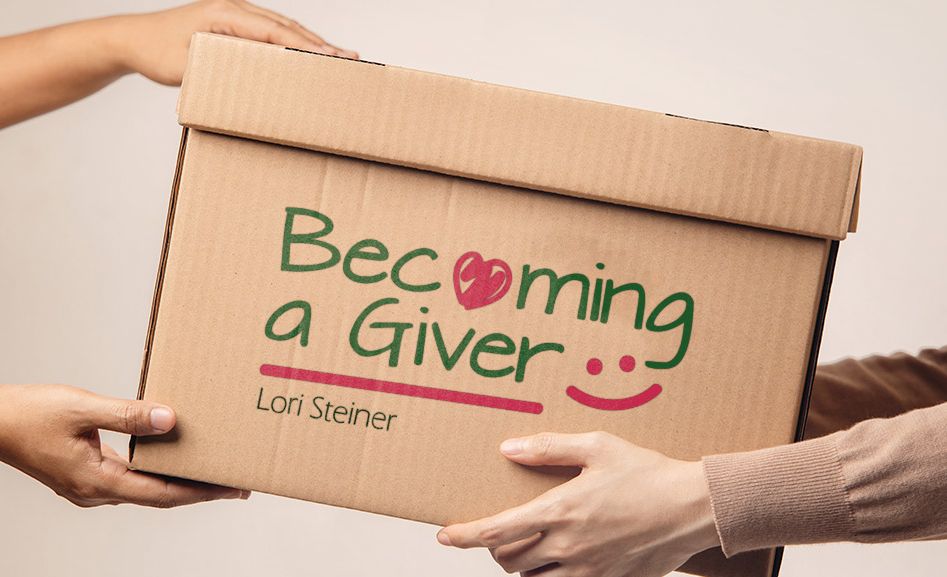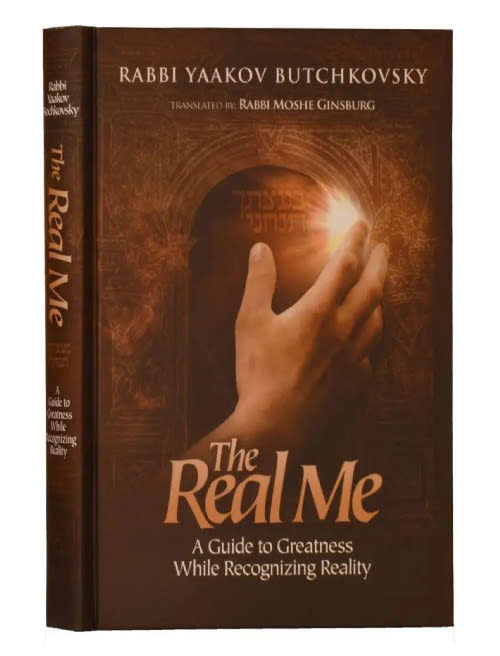
A Look, A Word, and A Smile
Rebbe Nachman was a great psychologist and his teachings have now become an essential component of intervention with those who are coping with difficulties…

I have been going to the Kotel for prayer services every Friday morning since our oldest son got me hooked on it a few years ago. He visited us recently and when he was here we davened at the Kotel every day he was in Jerusalem and it was not Shabbat. Since then, I have been going 4-5 times per week, dependent upon my wife’s volunteering responsibilities at a local hospital. During these several months I have had one experience after another that has convinced me that my attendance at the Kotel is based on my desire to be there and upon the intervention of Hashem in helping me realize my goal. I have had so many of those experiences that our youngest son has suggested I catalogue them in a book. But this past week, on the day following Shmini Atzeret in Israel (Isru Chag) I had what I consider to be my most meaningful experience.
About 40+ years ago I worked with a psychiatrist in a small clinic in Upstate New York. I was quite taken with a comment he made to me back then that he had read in Readers’ Digest (anybody remember that one?). The comment was to the effect that there were three things we do not do enough in our relationships with others that would make an enormous difference in those relationships and in us as individuals. The three things were: a look, a word, and a touch. Numbers one and two are not problematic. In the 40+ years since then clearly “a touch” has taken on a different and much darker connotation and of course is unacceptable. I would suggest changing it to “a smile.”
These three very small interactions can have an incredible effect on the recipient and an equally meaningful effect on the sender. The look can of course include a smile but can also be much broader to include facial expressions that suggest a listener is actually listening, that a listener is empathizing with the  speaker, that the listener is on the same page as the other person. These looks can be so meaningful in solidifying a relationship and in offering support and encouragement. The power of words has been demonstrated and written about at least since we have had the Torah. The power of negative words in destroying and the power of positive words to build up and support goes to the heart of the Torah’s concern with loshon hara: negative, destructive, hurtful speech. Now add to this the power of a smile given over to someone who has done a good job at something, who has demonstrated some positive character trait, who has done some act of kindness for another and we can then see the enormous potential these three behaviors have to influence others.
speaker, that the listener is on the same page as the other person. These looks can be so meaningful in solidifying a relationship and in offering support and encouragement. The power of words has been demonstrated and written about at least since we have had the Torah. The power of negative words in destroying and the power of positive words to build up and support goes to the heart of the Torah’s concern with loshon hara: negative, destructive, hurtful speech. Now add to this the power of a smile given over to someone who has done a good job at something, who has demonstrated some positive character trait, who has done some act of kindness for another and we can then see the enormous potential these three behaviors have to influence others.
Now, finally we come to my story. As I was walking into the Kotel I saw leaving the Kotel a Chassidic gentleman, regaled in his holiday finery: a long, black, silk-like coat and a large hat made of what might have been a faux animal fur. As we passed he said something to me in Hebrew which I did not hear clearly (notice how kind I am to myself by not suggesting that I didn’t understand what he said). Instinctively, I reached into my pocket of change to take out a coin to give him. He saw my attempted action and in English said, “No, not tzeddakah (charity). A smile, give me a smile.” Well, I could actually feel the smile on my face and it extended from ear to ear. What a request!!! Be joyful, feel joyful, and look joyful. It is good for you to do it and it is good for me to see it. And what an effect it had on me the rest of the day. I had been so preoccupied with whatever was on my mind that the one comment jolted me out of one reality and into another far more meaningful one.
One of the important teachings of Rebbe Nachman emphasizes how important joy is in our lives as Jews. It is that joy that brings us through the difficult moments and through the challenges we all face. That joy enables us to arrive at a place where we understand the source of all that comes to us and appreciate that it is sent our way from the love of our Father in Heaven who knows far better than we what is in our best interest. Sometimes we may not feel so joyful inside but should we take on the behavior of joy we will come to experience that joy internally. Rebbe Nachman was a great psychologist and his teachings have now become an essential component of intervention with those who are coping with difficulties and challenges.
Let’s try to remember: a look, a word and a smile. What a different place this world would be if we could all pass on to others these three behaviors and then stand back and reap the joy of seeing the effect we can have on other people.











Tell us what you think!
Thank you for your comment!
It will be published after approval by the Editor.